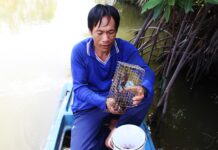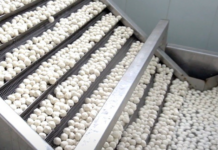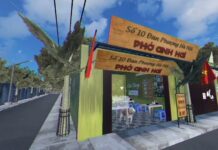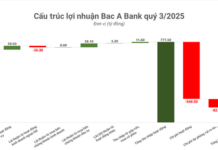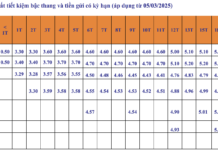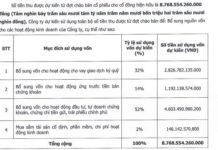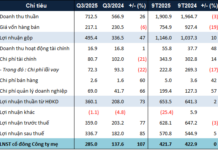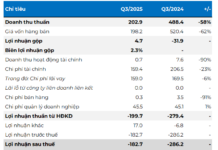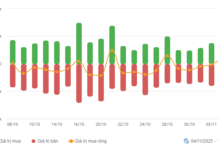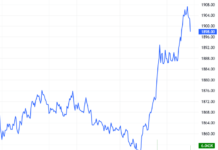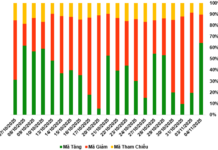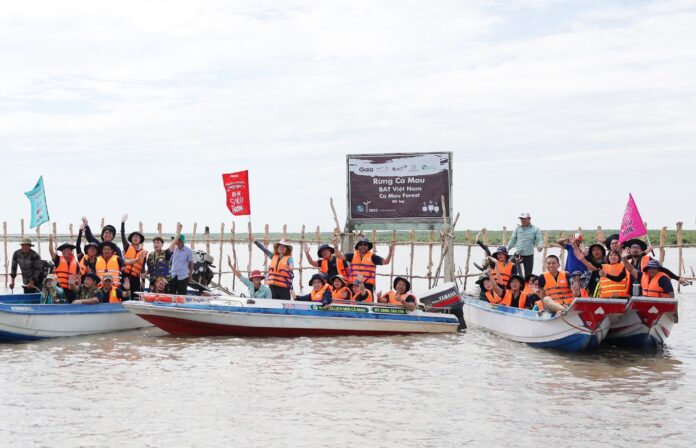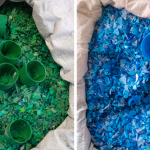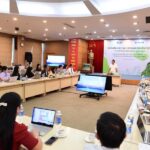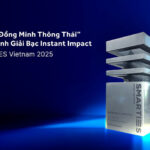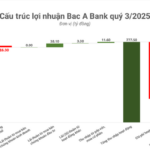At the 7th Training Program for Media Agencies on Sustainable Development organized by the Vietnam Business Council for Sustainable Development (VBCSD) under the Vietnam Chamber of Commerce and Industry (VCCI), businesses shared their strategies and initiatives in implementing nature-based solutions (NbS) and their positive impacts on the environment and society. Ms. Do Hoang Anh, Director of External Affairs, East Asia, British American Tobacco (BAT), shared BAT Vietnam’s sustainable tobacco growing program and interesting information about the company’s biodiversity restoration and conservation activities in Vietnam.
Sustainable Management and Ecosystem Restoration
As a business closely linked to tobacco growing regions, BAT Vietnam prioritizes balancing business growth with environmental and social factors, especially sustainability in farming practices within its supply chain.
To manage soil resources in farming, BAT Vietnam works closely with farmers in its supply chain to conduct soil sampling and analysis, develop appropriate fertilization regimes to minimize fertilizer runoff, and implement lime application to improve soil acidity and enhance fertilizer efficiency.
Regarding water management, BAT Vietnam has been researching and piloting a drip irrigation system since 2021. Today, the system has been applied to 1,748 hectares, covering nearly 90% of the area using irrigation methods, saving approximately 1,200 cubic meters of water per hectare, equivalent to about 25% of the water used in traditional furrow irrigation.
In tobacco growing, BAT Vietnam also employs nature-based solutions to address climate change, such as implementing a semi-automatic drying system since 2021, saving about 33% of drying fuel compared to traditional manual drying methods, and piloting electric dryers, starting with three units using 100% electricity and no wood fuel, reducing CO2 emissions under Scope 3 and minimizing risks associated with deforestation.
In addition to the company’s supply chain efforts, BAT Vietnam collaborates with the Gaia Nature Conservation Center to implement a forest planting project by enclosing and nurturing 120 hectares of mangrove forest in Mui Ca Mau National Park. The project is expected to welcome nearly 450,000 mangrove trees by 2030, and green 4 hectares of forest with 2,000 trees in the Dong Nai Nature and Culture Reserve. These activities contribute to reducing greenhouse gas emissions, combating erosion, enhancing biodiversity, and bringing other practical benefits to the local community. This is also part of BAT Vietnam’s efforts to realize BAT’s commitment to carbon neutrality by 2030 and net-zero emissions by 2050.
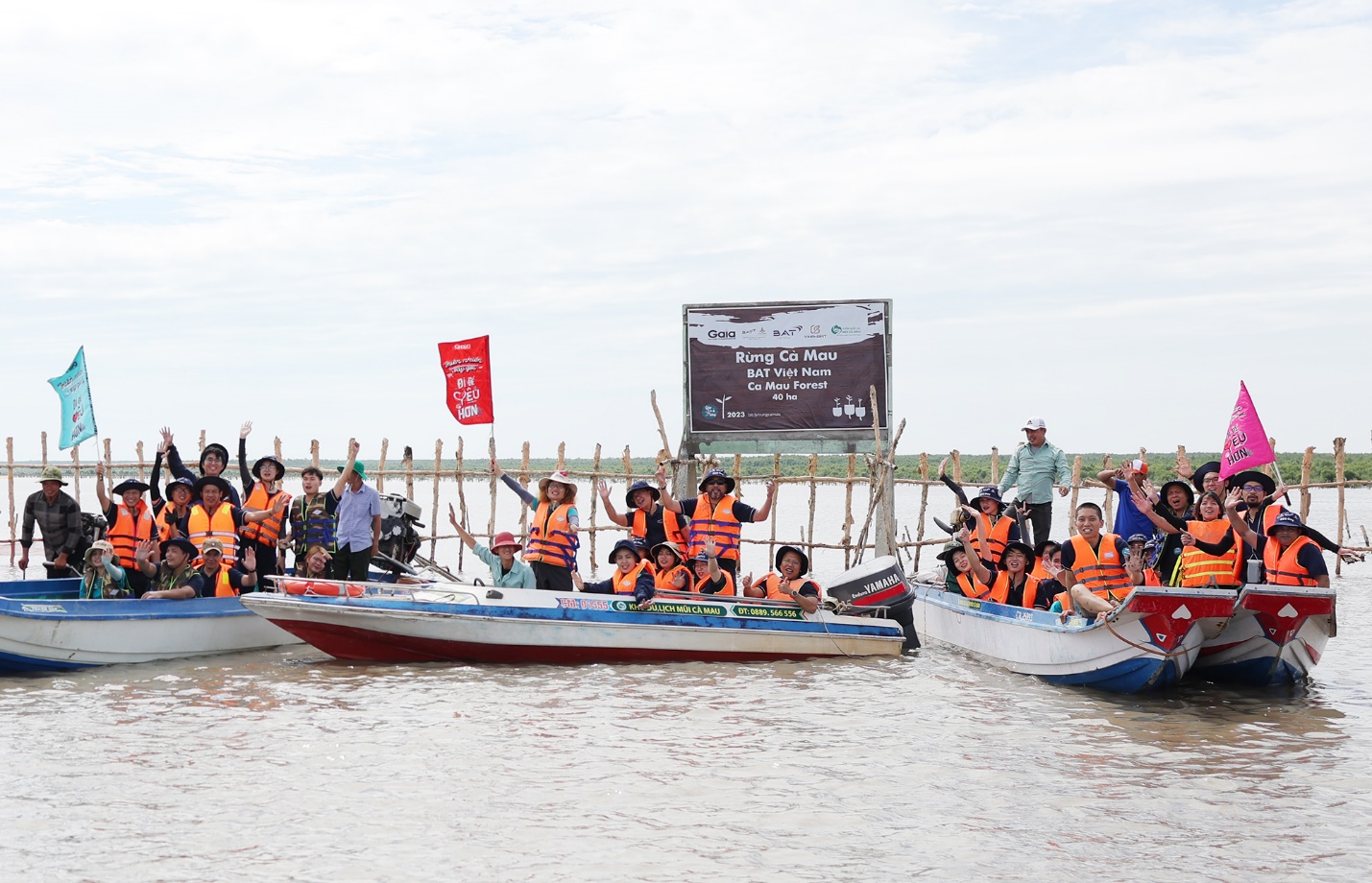
BAT Vietnam partners with the Gaia Nature Conservation Center to implement a forest planting project, contributing to biodiversity conservation.
Creating Positive Social Impact
BAT Vietnam’s nature-based solutions also generate positive social value by improving the income and safety of farmers in its supply chain.
To improve farmers’ income, BAT Vietnam has implemented the ‘Nine Peaks’ project, focusing on producing high-quality, optimally ripe tobacco leaves by applying technical interventions and improved agronomic practices. Farmers participating in this project sell their products at a 10% premium per kg, thereby increasing their income. Piloted in 2022, the project has benefited over 120 farmers in Dak Lak and Gia Lai provinces.
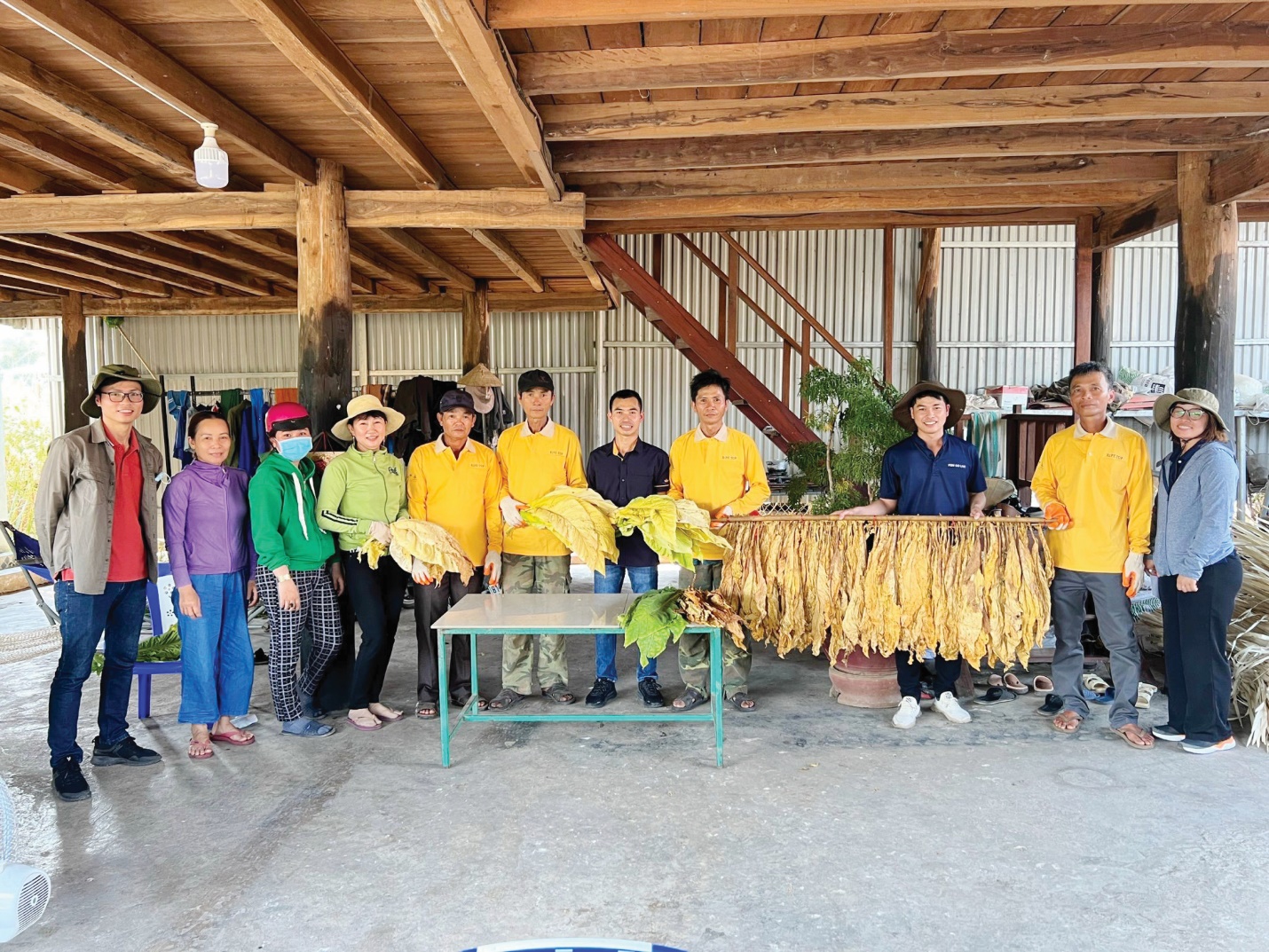
BAT Vietnam’s ‘Nine Peaks’ project helps farmers in its supply chain improve their income.
BAT Vietnam also strictly adheres to the non-use of child labor and forced labor in farming practices within its supply chain, ensuring the health and safety of farmers by providing and mandating the use of personal protective equipment during pesticide application and leaf harvesting.
There are many factors contributing to the success of building a sustainable supply of tobacco material. These include setting specific goals, being willing to research, invest in, and develop long-term strategies and policies, ensuring effective governance, and more.
“We also believe that the success of promoting sustainable development, specifically building a sustainable supply of tobacco material, stems from the business’s determination and strong commitment. This ensures that all investments and efforts are made with a long-term vision, aiming to create lasting and impactful positive change,” shared Ms. Do Hoang Anh, Director of External Affairs, East Asia, BAT.
BAT Vietnam firmly believes that the positive values it commits to and strives for regarding the environment and society will be the driving force for the company’s sustainable growth and contribute to Vietnam’s overall sustainable development.
The 90s-born Co-founder’s Startup Turns Plastic Waste into Gold: Recycling 100 Tons of Bottles to Create 11,000 Seats for Olympic Viewers, Even Housing the French President.
France’s vibrant startup ecosystem is a testament to the country’s burgeoning entrepreneurial spirit. This thriving landscape is nurtured by ambitious policies centered on clean technology and green transition initiatives. With a forward-thinking approach, France fosters a conducive environment for innovative ventures, attracting talent and investment alike. The nation’s startup scene serves as a shining example of how visionary policies can catalyze economic growth and propel France to the forefront of sustainable development.
“Embracing Nature-Based Solutions for Sustainable Business Development”
Sustainable development is about harnessing the power of nature to create a win-win situation for businesses. By embracing natural solutions, businesses can tackle environmental challenges while also boosting their economic prospects, enhancing their value, and elevating their reputation. It’s about recognizing that by working with nature, rather than against it, we can unlock a world of opportunities that benefit both the planet and our bottom line.
The Art of Balancing Interests: A Guide to Land Price Adjustments in Ho Chi Minh City
“The esteemed lawyer, Nguyen Van Hau, Deputy Head of the Ho Chi Minh City Bar Association, offers his insightful perspective on the matter of land pricing adjustments. He emphasizes the importance of striking a harmonious balance between the interests of all stakeholders involved. To achieve this delicate equilibrium, he suggests a prudent approach of thorough research and impact assessment, thus requiring a thoughtful allocation of time.”

